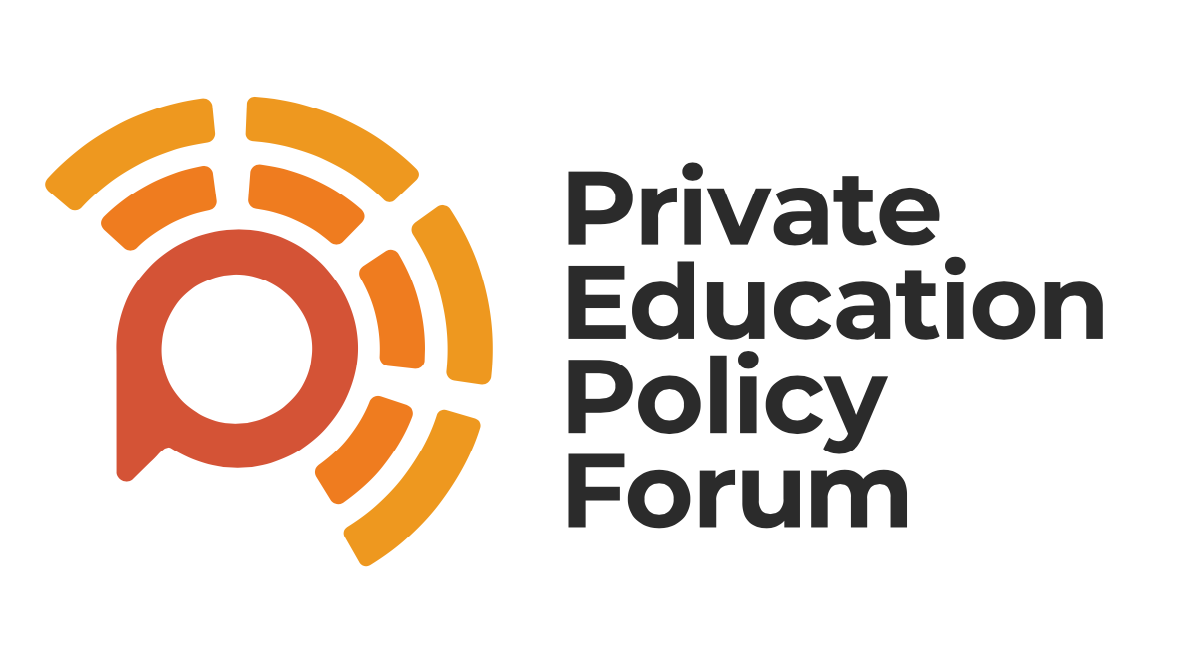
Not charging VAT on private schools is like the Chancellor standing up on budget day and announcing billions in tax giveaways, says Rebecca Boden
Short term thinking is both the title and an accurate description of a paper published by the Adam Smith Institute – a right-wing, neoliberal think tank.
The paper, by the institute’s director of research Maxwell Marlow, is ideological and polemical. It constitutes the latest effort by the powerful private school lobby and its elite friends in government – Maxwell attended the £15,000 a year Newcastle Under Lyme private school – to derail Labour’s VAT policy. (Labour would also end private charitable schools’ minimum 80 per cent relief from business rates).
Marlow’s paper attempts to undermine the reputable, and non-partisan, Institute for Fiscal Studies report on the effects of imposing VAT on schools, which demonstrated that the overall effect would be very beneficial for state schools.
Labour’s policy aims to raise around £1.5 billion a year in extra tax revenues, which the IFS confirms is a fair estimate. This would be channelled into hiring an extra 6,500 teachers and providing extra careers guidance and mental health support in state schools. This is real ‘levelling up’.
But remember, these tax breaks are the tip of the iceberg. Private schools don’t pay corporation tax, capital gains tax or stamp duty land tax either. There’s no inheritance tax on bequests to charitable private schools. And these schools can get Gift Aid – giving tax relief to both the schools and, if the donors pay higher rate tax, them too. Together, we estimate these tax breaks to be worth £3 billion a year.
In his lengthy paper, Marlow doesn’t touch on the fact that economists and indeed the OECD count these tax breaks as ‘tax expenditures’ – a form of public expenditure.
In other words, the schools’ perks are simply taxes that would be otherwise collectable but they are let off paying. In public finance terms, it’s as if the government was collecting all the taxes due and then handing out the money as a grant.
Tax expenditures are widely acknowledged by economists to be a very inefficient form of public expenditure.
Even the National Audit Office notes that the government doesn’t publish the information that would allow us to properly evaluate the value for money of this expenditure.
And governments don’t make explicit annual decisions about where to spend their tax pounds – they just quietly forget that some people get to not pay in the first place.
Private schools have been in this (for them) happy position for the last hundred years or so – as the result of political lobbying early in the 20th century.
In that sense, it is actually more accurate to ask: “If the chancellor stood up at budget time and announced grants of more than £3 billion a year to already well-funded private schools, how could they justify it?”
Good luck to Mr Marlow on that one in the current economic climate, where many state schools are crumbling and struggling to buy glue sticks.
Marlow’s paper introduces no new evidence or analysis; it does throw up a series of plausible-sounding but inherently flawed arguments. Let’s look at them in turn.
- Parents paying for private schools are saving the state money so they deserve the tax breaks
Except that’s not how general taxation works. Tax is not a payment for a service and you don’t have to pay if you don’t use the service. For instance, I don’t have children – am I therefore due a massive tax refund because I have never imposed the cost of educating any children of mine on the state? Sadly for me, no.
- State schools will be swamped by private school children
The IFS suggests that private school student numbers might fall eventually by between 3 per cent and 7 per cent. That would be an extra 0.7 – 1.7 children to each state school.
Without evidence or data, Marlow insists that the number might be 20 per cent. But even then, that would add 4.85 extra children to state schools – hardly swamping.
Moreover, private day schools are concentrated more in the South East of England, and state schools there currently have falling rolls. Of course, there could be geographic case studies where much more careful planning is needed, and Labour need to be sensitive to that. But the effect is likely being massively overstated.
- The cost of the VAT will be passed on to parents
The IFS notes that there has been ‘a 20% real-terms increase in average private school fees since 2010 and a 55% rise since 2003’.
Charitable schools have no owners to pay dividends to, so have been spending all that cash on lower teacher-student ratios and often quite luxurious facilities.
After years of fee rises, it seems difficult not to argue that they should be able to absorb the VAT charge without passing it on. For instance, they might sell off some land or have an extra child in each class.
- Private schools will stop giving bursaries and scholarships
Charitable schools are legally obliged to deliver ‘public benefit’ – which most claim to do via fee-remission.
The thing is, charity law is so lax it doesn’t satisfactorily define what public benefit is, and the private schools lobby successfully overturned a legal judgement that the Charity Commission should check on what ‘public benefit’ they are delivering. So, a family doesn’t have to be a poor recipient of a school’s largesse for the discount to be counted as charitable.
Our analysis (which?- https://www.tandfonline.com/doi/abs/10.1080/01425692.2022.2026211) showed that of all the money spent remitting fees, just 44 per cent was means-tested – the rest went as scholarships for things like sports, or discounts to teachers working at the school.
The remaining amount of ‘public benefit’ money was spread amongst a lot of students – meaning that just 1.1 per cent of private school kids got a full scholarship and the average one was £1,000 a head. With average day school fees at around £16,000 a year, that leaves a huge amount of money for the ordinary family to find, for every child. Consequently, the threshold for getting help with fees can be very high: at St Paul’s the threshold for qualifying for fee remission is an annual household income of less than £120,000.
So, scholarships benefit some people but most of them are already pretty well off and the extent to which private schools currently benefit ordinary families is extraordinarily low.
- Charging VAT is a bad thing because it might disrupt children, affect their human right to education, and taxing schooling is wrong
The reality is that tax breaks for private schools are a very substantial public subsidy to a sector whose clientele are already, in national terms, almost all very well-off (research shows about 90 per cent of parents with children in private school are in the top 10 per cent earning bracket).
As Marlow acknowledges, privately schooled people tend to get better jobs, and do better in life. Parents pay to buy advantage for their children.
The taxpayer subsidising people who are already well-off to cement their privileged positions in society is not only an affront to social equity, but also an economically inefficient use of educational resources.
Finally, Mr Marlow might like to justify why any organisation should be getting a public subsidy from taxpayers’ money.
Usually, that’s the sort of thing the neoliberal Adam Smith Institute consistently argues against.

Rebecca Boden is a former senior tax inspector and a retired professor of accounting, most recently at Tampere University in Finland. Rebecca’s research is at the crossover between accounting, tax and broader social justice/welfare issues. Recently she has focused on the financial entanglements between the state and private schools, especially elite ones. She is a fellow of the Royal Society of Arts.




This is not a reasonable article.
There is no subsidy here – no one taxes Education period. You frame the topic of VAT as a subsidy and that drives the rest of our article – its a false premise.
Let me tell how taxation works (to use your words): You don’t hypothecate taxes – its a poor way of collecting or spending taxes. You don’t take milk money from one set of kids to give to another set with less milk.
Whether is policy raised £1.2 bill as IFS hope, or costs £1.4 bill potentially as ASI projects as a worse case – makes not difference to Labour. This is the good old green-eyed bash’em Labour monster out and about again.